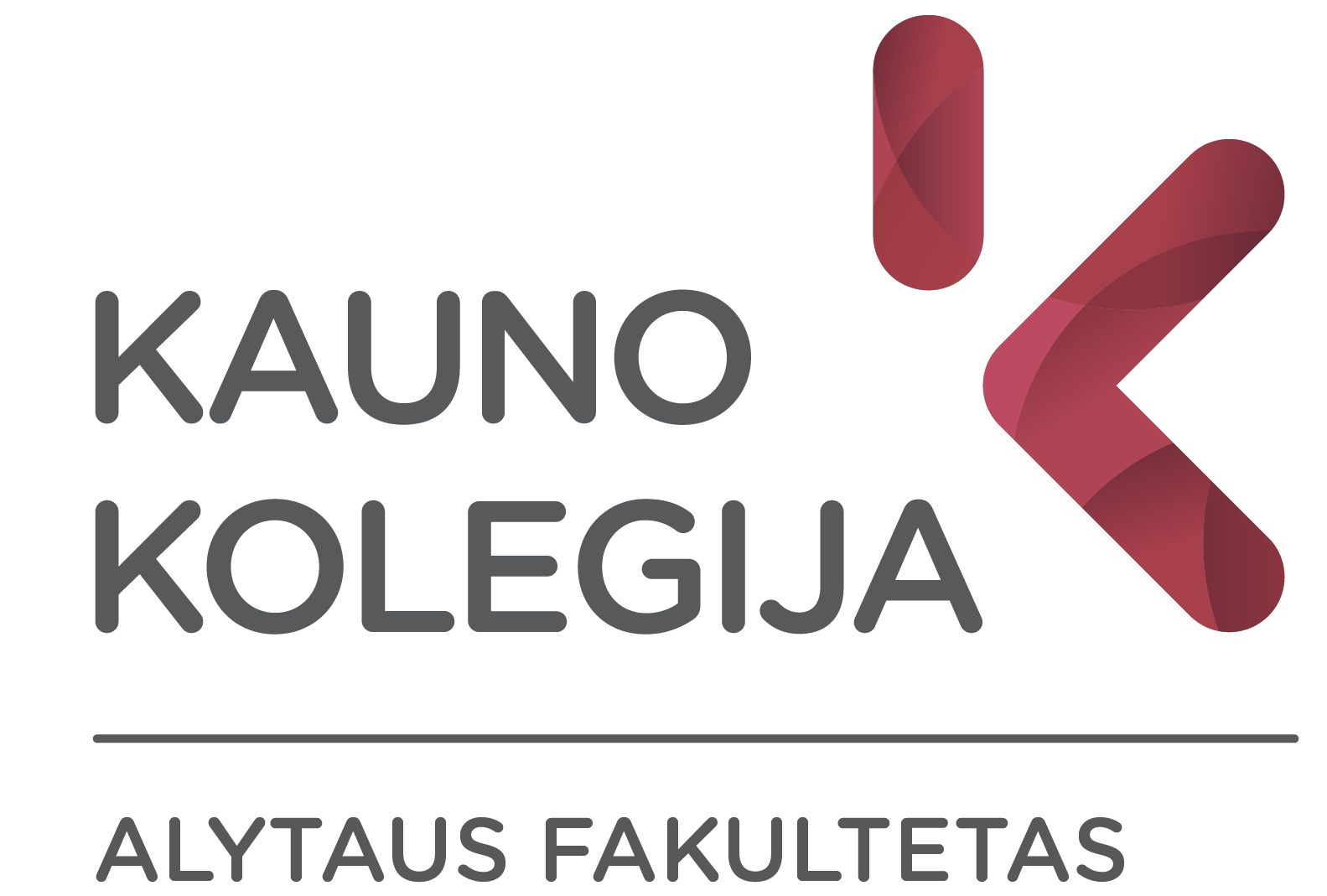THEORY OF ECONOMICS
Course summary
The content of course Theory of Economics contains the role of market participants in economics managing, solving particular economic tasks according to generally accepted principles and methods; the main goals of micro- and macroeconomics and the concept of key economic indicators. The course analyses the decisions of a market economy participant, product demand and supply, consumer behaviour and the factors that shape it, production cost theory, profit maximization in different types of markets, national income indicators, aggregate demand and supply, monetary and fiscal policy, unemployment and inflation, international trade problems.
In the practical parts of the course the specific tasks about situations of market participants and the decisions taken in them are offered and the main micro- and macroeconomic problems in Lithuania and in the world are discussed.
Course code: AK_00044
Course scope: 6 ECTS
Course goal: to form the students‘ economic thinking and understanding of the causal-consequential relations of economic processes; to develop an innovative-minded personality able to act independently, actively and creatively, to structure and apply the acquired knowledge and make economic decisions in a constantly changing environment.
Course content:
- Object of microeconomic research
- Economic resources. Market and its functions
- Producer and consumer behaviour in the market
- Production costs
- Factor market. Types of competition. Labour market
- State market regulation
- Object of macroeconomic research. Calculation of gross national product
- Aggregate demand and aggregate supply. Economic fluctuations
- Fiscal policy
- Money, banks and monetary policy
- Economic growth
- International trade
- Exchange rates





